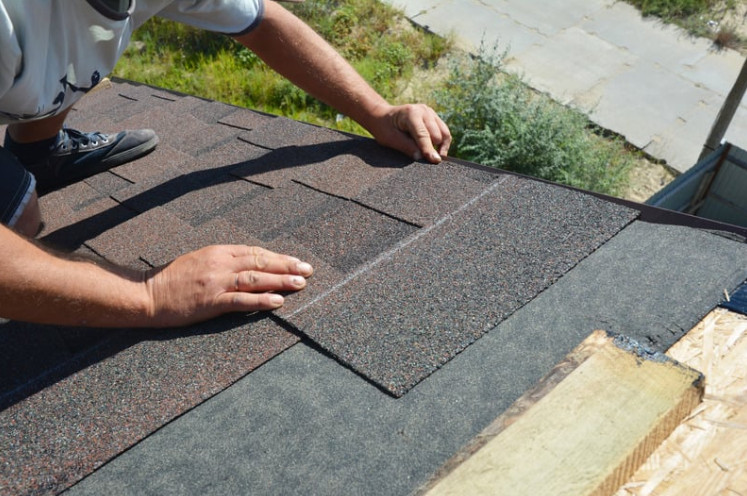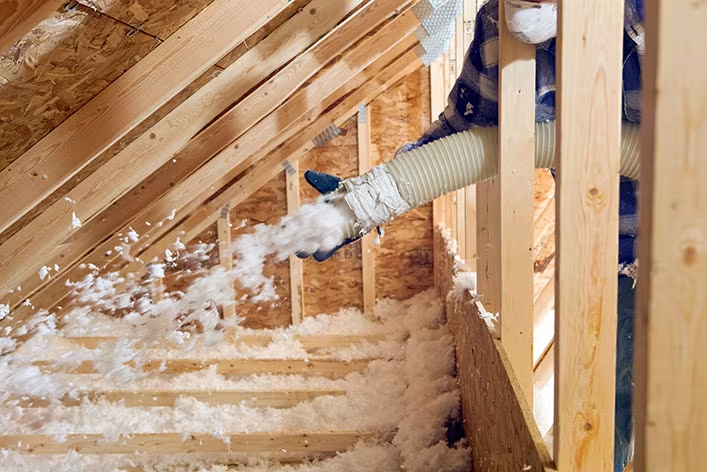Let me tell you something straight from the ladder—choosing the right roofing contractor can save you more than just money. I’ve been up on roofs for years here in Louisiana, and I’ve seen too many homeowners pay for poor work or get stuck with half-done jobs. So let’s talk about how you can avoid that mess. I’m speaking to you just like I would if I were inspecting your roof today.
If you’re wondering how to choose a roofing contractor without being ripped off, you’re not alone. It’s a smart question—and one that could save you thousands.
Know What License Your Roofer Should Have
One of the first things you need to check is whether the contractor is licensed properly. Here in Louisiana, the state offers different license levels—and yes, it matters.
-
Home Improvement Registration: ✅ This is the lowest level. These contractors only have to fill out a form—no tests, no proof of construction know-how. They’re only allowed to work on homes, and only if the total job is under $50,000. Worst part? They can’t touch anything structural. If they find rotten decking, they’ll have to stop or bring in someone else.
-
Residential Construction License: ✅ This license means they passed a construction test and can handle roofing, remodeling, and even new home builds. That’s who you want on your roof.
-
Commercial Construction License: ✅ These contractors pass a harder test and can do all sorts of commercial work. Some even have special roofing classifications like we do at HUDCO.
Want to check if someone’s legit? Use this state website: Louisiana Contractor Search
At HUDCO Roofing, we carry both Residential and Commercial licenses. That means we can do it all—from homes in Baton Rouge to large buildings in Lafayette.
Always Ask About Insurance
Here’s something we never skip over: insurance. If a roofer can’t show you their insurance, that’s your cue to walk away.
-
General Liability Insurance: This covers property damage in case anything goes wrong on your roof.
-
Workers’ Compensation Insurance: If a roofer gets hurt while working on your property and they aren’t covered, guess who might get the bill? You.
Ask to see their certificate, and make sure it’s current. At HUDCO Roofing, we carry $5 million in liability insurance per job. Most companies stick to the state minimum of $500,000.
Pay the Right Way
You should never pay upfront in full. If materials need to be ordered, wait until they’re delivered to your driveway before handing over any money.
-
✅ No big upfront payments. A fair deposit may be fine—but not the whole job cost.
-
✅ Ask their supplier if they pay on time. If they don’t, that supplier might slap a lien on your home even if you paid your contractor.
-
✅ Cash-only jobs? That’s a red flag. Good businesses accept checks or cards because they’ve got nothing to hide.
Do Your Homework First
Want to really know how to choose a roofing contractor without being ripped off? Research is your best friend.
-
✅ Talk to neighbors. Ask who they hired and if they’d hire them again.
-
✅ Check local Facebook groups. People are quick to share their bad (and good) experiences.
-
✅ Read online reviews. Google and BBB are great places to start.
-
✅ Ask for local references. Make sure they’re from jobs within the last six months.
Watch for Red Flags
There are some warning signs we see too often, especially after big storms. Keep your eyes peeled for:
-
No license or insurance
-
Vehicles or workers with no branding
-
No physical office or website
-
High-pressure sales tactics
-
Rock-bottom pricing that seems too good to be true
-
Contractors who offer to “waive your deductible”
That last one is a big deal. Your insurance company makes three payments: your deductible, a portion based on age (ACV), and the final depreciation payment. If your deductible wasn’t paid, they might not release that last chunk. So instead of saving money, you could end up paying more.
What Can Happen If You Pick the Wrong Roofer
I hate to say it, but I’ve been called to fix plenty of bad jobs. Some common disasters include:
-
Taking your money and disappearing
-
Poor installs—like layering new shingles over old ones without inspection
-
Liens from unpaid material suppliers
-
Contractors from out of town who never return for repairs or warranty work
Don’t Just Look at Price
We get it. Everyone’s got a budget. But if a roofer is way cheaper than everyone else, something’s off.
They may:
-
Use low-grade materials
-
Skip steps like removing felt or inspecting the deck
-
Rush through the install
-
Plan to take your money and vanish
At HUDCO, we take the time to do it right—complete tear-off, full inspection, and high-quality shingles made right here in Louisiana.
Learn more about our residential roof replacements.
Stick with a Local Roofing Company
You’re better off working with someone who lives and works in your area. Here’s why:
-
Local contractors have offices you can visit
-
They don’t just show up after storms—they’re here year-round
-
They stand behind their warranties because they’re close by
HUDCO Roofing is proud to serve homes across the state, including those looking for a roofer in Baton Rouge, roofing company in Lafayette, roofing company in Shreveport, and roofing contractor in Lake Charles.
HUDCO Roofing: What Makes Us Different
We’ve spent over 25 years building a reputation you can trust. We’re licensed, insured, and committed to treating your roof like it’s our own. No shortcuts. No pressure.
-
Emergency Roof Repairs done right
-
Storm damage support and insurance help
-
Fortified Roofing systems for better hurricane protection—learn more at Louisiana Fortify Homes Program
-
Financing options if your budget’s tight
-
Commercial roofing for your business, too
Need help fast? Give us a call at 318-584-0044 or head to our contact page.
FAQs: How to Choose a Roofing Contractor Without Being Ripped Off
Q: How can I check if a roofer is licensed in Louisiana?
A: Use the official contractor search at https://lslbc.louisiana.gov/contractor-search.
Q: What insurance should a roofing contractor carry?
A: General liability and workers’ compensation insurance are both required. Always ask to see proof.
Q: What if a contractor offers to waive my insurance deductible?
A: That’s a huge red flag. You could lose your depreciation payment from the insurance company.
Q: Is it safe to pay a roofer before materials are delivered?
A: No. Wait until the materials are on your property before making any payments.
Q: What sets HUDCO Roofing apart?
A: We’re licensed for both residential and commercial work, carry $5 million in liability insurance, and have over two decades of solid work across Louisiana.
Let’s Talk About Your Roof
If you’re serious about learning how to choose a roofing contractor without being ripped off, start by talking to a roofer who lives it every day. At HUDCO Roofing, we don’t cut corners, and we don’t use high-pressure sales. We’ll give you a fair quote, answer your questions, and treat your roof like it’s protecting our own family.
Need help? Call 318-584-0044 or contact us through our online form. Let’s get your roof done right.


